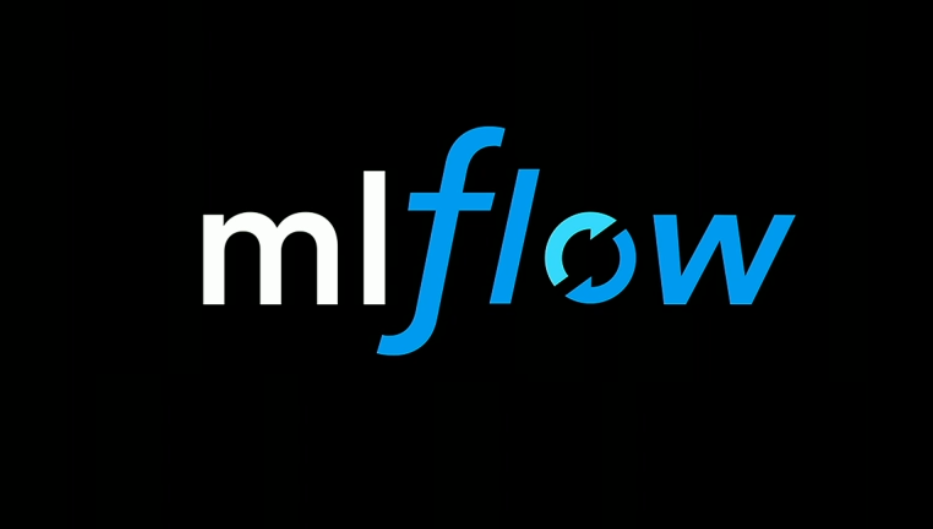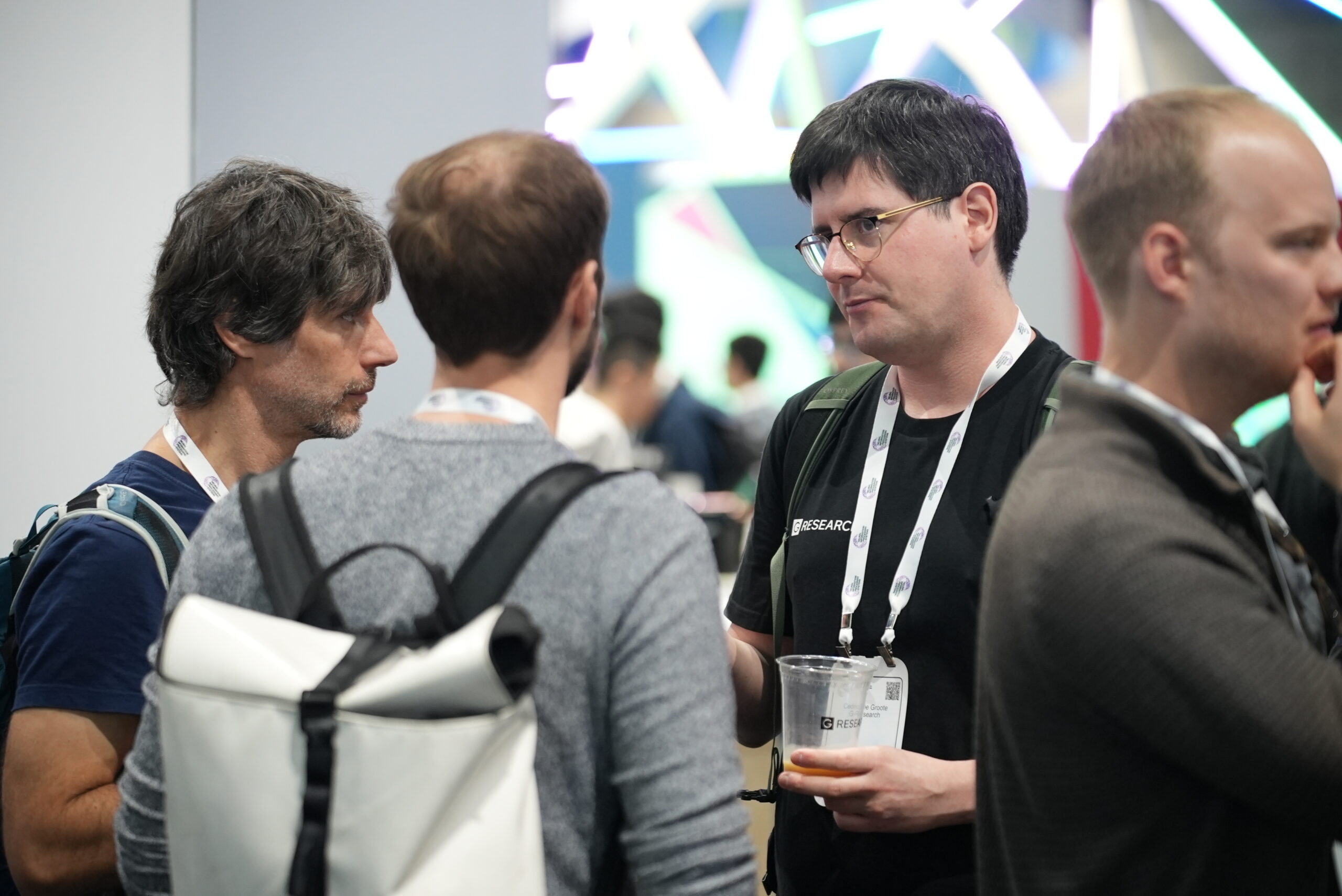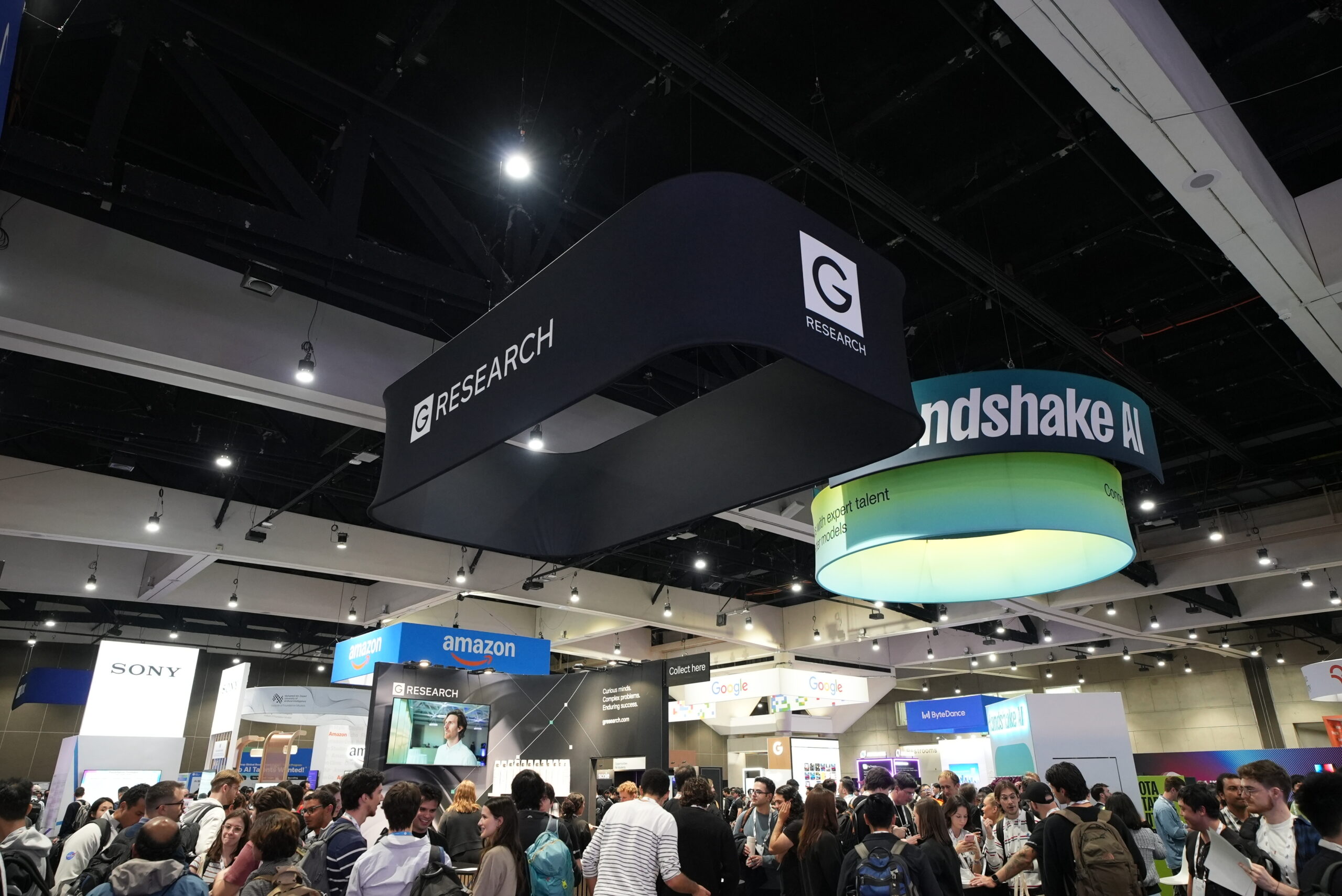G-Research’s Open Source team has developed mlflow-go, a Go-based rewrite of MLflow’s experiment tracking backend, addressing significant performance limitations when handling massive data volumes.
The project evolved from G-Research’s earlier FastTrackML initiative, which successfully demonstrated that a Go implementation could be significantly faster for high-volume data processing. The mlflow-go package serves as a drop-in replacement for MLflow’s tracking server.
While the Go backend delivers superior performance for big data applications, its wider adoption is not guaranteed. The project will need to develop its own community of contributors, as MLflow’s current maintainers at Databricks are not primarily Go developers.
If you want to try this new experiment tracker for yourself, you can check it out here.
Why this matters
- Performance at scale: Teams processing terabytes of experiment data can potentially eliminate bottlenecks with this new backend
- Open source innovation: Demonstrates how domain-specific performance requirements can drive meaningful contributions back to the broader ML ecosystem
- Cost efficiency: Faster experiment tracking translates to reduced compute costs and improved researcher productivity




